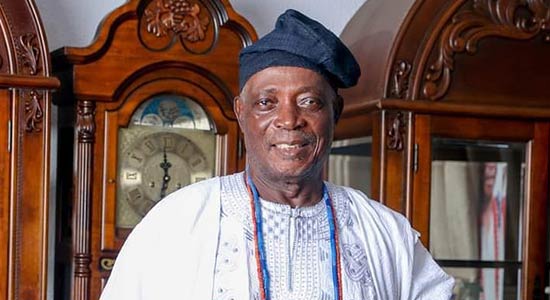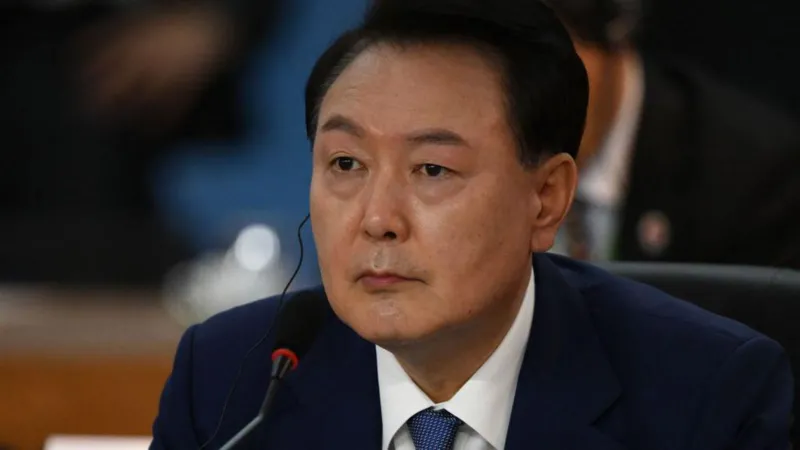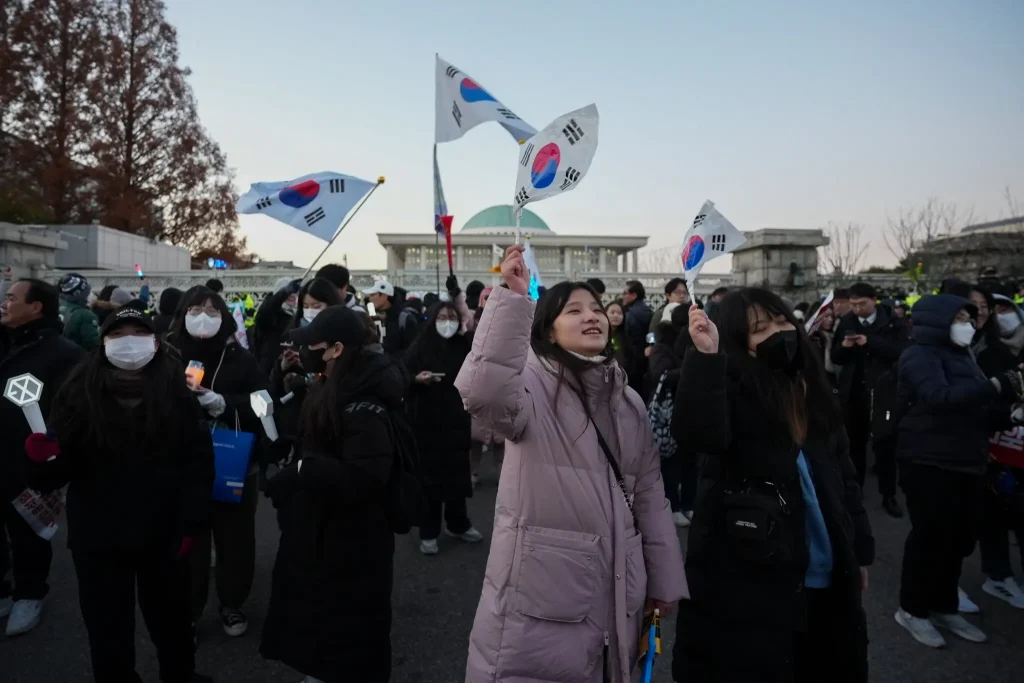Ladoja Journey from Governor to Oba

Former Oyo State governor, Oba Rashidi Ladoja, has shattered the long-held belief that he was impeached by his adversaries, Alhaji Lamidi Adedibu and Chief Adebayo Alao-Akala, by revealing that it was, in fact, former President Olusegun Obasanjo who orchestrated the entire ordeal.
In a candid interview with Isaac Brown on Fresh FM, Oba Ladoja gave a detailed account of the events that unfolded, including a personal visit to Obasanjo’s residence in Abeokuta with other PDP governors to plead for leniency.
The story took an unexpected turn when Obasanjo demanded that Ladoja resign, to which the governor refused, citing the need for a two-thirds majority to impeach him. Obasanjo’s furious response led the other governors present to chase after him, leaving Ladoja in the company of former World Court Justice, Prince Bola Ajibola.
It was Prince Ajibola who advised Ladoja to “jafitafita”, a story involving tortoise and his wife, to help navigate the legal battle ahead.
Ladoja’s legal battle to reclaim his mandate was marked by numerous challenges, including attempts by Obasanjo to stay the execution of the Appeal Court’s ruling. However, thanks to the wise counsel of Prince Ajibola, Ladoja was ultimately vindicated by the Supreme Court, confirming the earlier judgement of the Court of Appeal.
The revelation of Obasanjo’s central role in the impeachment saga not only sheds new light on the event but also underscores the intricate and often murky nature of politics in Nigeria, where personal agendas can often outweigh the interests of the people.
This episode in Ladoja’s political career serves as a cautionary tale, highlighting the dangers of challenging established power structures and the lengths to which those in positions of authority will go to maintain their hold on power.
It is a sobering reminder of the need for vigilance and determination in the face of political opposition, as well as the importance of cultivating strong alliances and support networks to help navigate the treacherous waters of Nigerian politics.
As Ladoja’s story continues to reverberate through the political landscape of Oyo State and beyond, it raises questions about the legacy of Obasanjo’s presidency and the lasting impact of his actions on the country’s political trajectory.
While his administration made significant strides in areas such as debt relief and democratic consolidation, this incident serves as a reminder that power can sometimes be wielded in a manner that is detrimental to the interests of the people, particularly when wielded without transparency and accountability.
Former Oyo State governor, Oba Rashidi Ladoja, has shattered the long-held belief that he was impeached by his adversaries, Alhaji Lamidi Adedibu and Chief Adebayo Alao-Akala, by revealing that it was, in fact, former President Olusegun Obasanjo who orchestrated the entire ordeal.
In a candid interview with Isaac Brown on Fresh FM, Oba Ladoja gave a detailed account of the events that unfolded, including a personal visit to Obasanjo’s residence in Abeokuta with other PDP governors to plead for leniency.
The story took an unexpected turn when Obasanjo demanded that Ladoja resign, to which the governor refused, citing the need for a two-thirds majority to impeach him. Obasanjo’s furious response led the other governors present to chase after him, leaving Ladoja in the company of former World Court Justice, Prince Bola Ajibola.
It was Prince Ajibola who advised Ladoja to “jafitafita”, a story involving tortoise and his wife, to help navigate the legal battle ahead.
Ladoja’s legal battle to reclaim his mandate was marked by numerous challenges, including attempts by Obasanjo to stay the execution of the Appeal Court’s ruling. However, thanks to the wise counsel of Prince Ajibola, Ladoja was ultimately vindicated by the Supreme Court, confirming the earlier judgement of the Court of Appeal.
The revelation of Obasanjo’s central role in the impeachment saga not only sheds new light on the event but also underscores the intricate and often murky nature of politics in Nigeria, where personal agendas can often outweigh the interests of the people.
This episode in Ladoja’s political career serves as a cautionary tale, highlighting the dangers of challenging established power structures and the lengths to which those in positions of authority will go to maintain their hold on power.
It is a sobering reminder of the need for vigilance and determination in the face of political opposition, as well as the importance of cultivating strong alliances and support networks to help navigate the treacherous waters of Nigerian politics.
As Ladoja’s story continues to reverberate through the political landscape of Oyo State and beyond, it raises questions about the legacy of Obasanjo’s presidency and the lasting impact of his actions on the country’s political trajectory.
While his administration made significant strides in areas such as debt relief and democratic consolidation, this incident serves as a reminder that power can sometimes be wielded in a manner that is detrimental to the interests of the people, particularly when wielded without transparency and accountability.
References and Citations:
- Tribune – Obasanjo sacked me as Oyo gov, not Adediju, Alao-Akala – Ladojo
- Leadership – Obasanjo masterminded my impeachment in 2006, says Ladojo
- Naijanews – Obasanjo removed me as Oyo governor, not Adediju Alao-Akala






